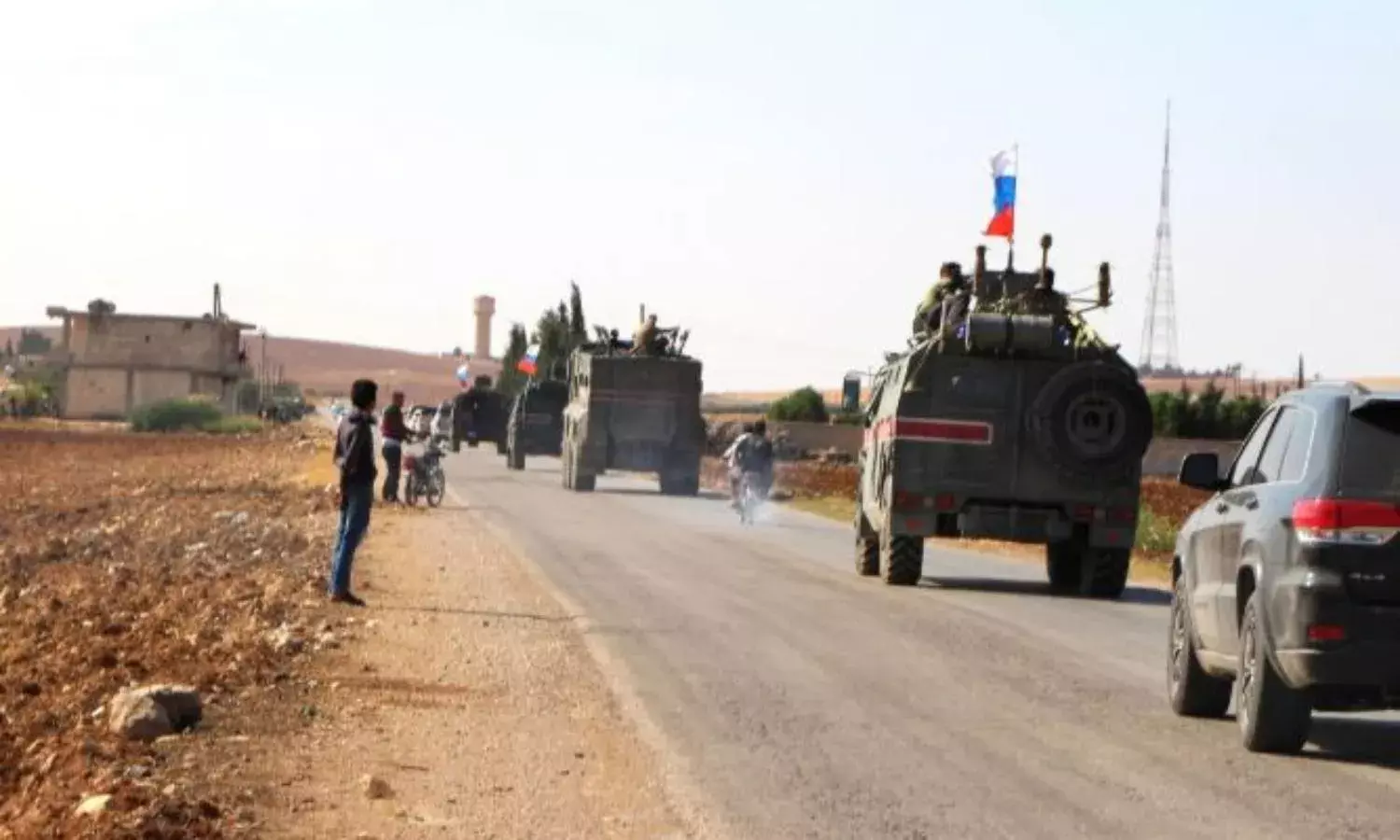Are The U.S. And Its Partners Losing The Grip On Syria's North East?
The SDF has degraded into a lever of American management in Syria
The oil-rich province of Deir Ezzor located in Eastern Syria has witnessed another escalation between the local Arab populace and the Kurdish-dominated Syrian Democratic Forces (SDF). Unexpectedly for the SDF and the U.S. military, the protesters have established control over a number of towns, and it seems they are willing to go further.
Sources close to the SDF initially reported that the protesters had limited their demands, requesting a solution to a number of minor issues, but soon enough it became evident that this was not the case and the issue – and a major one – was the presence of the SDF in the area.
The demonstrators were quick to turn from chanting slogans to taking control of towns: in a single day they had captured all of Shuhayl, Al-Hawayej, Diban and forced the SDF members to leave before blocking the roads.
The protests were sparked by a series of assassinations of influential leaders of the Al-Aqidat and Al-Baqara tribes.
Three Deir Ezzor sheikhs were killed in less than a week: Sheikh Suleiman Khalaf al-Kassar from Al-Aqidat was shot in Busayra village July 30. The next day Sheikh Suleiman Al-Weis who belonged to Al-Baqara was shot in the head by two gunmen on a motorcycle in Al-Dahla. Finally, Sheikh Muttshar al-Hamoud al-Hifl was shot in the outskirts of Al-Hawayej on Sunday, August 2. His relative Sheikh Ibrahim al-Hifl was also wounded in the incident but survived.
In a peculiar coincidence, a few weeks before the assassinations the tribal leaders had been invited to a meeting with SDF Commander Mazloum Abdi, with U.S. servicemen also present. The agenda reportedly included co-operation between the tribes and the SDF. It was reported that at least one of the victims, Muttshar al-Hifti, declined to participate or to engage with the Americans.
An insight into these meetings can be gained from reports of an oil deal allegedly struck by the SDF and a little known American oil developer, Delta Crescent LLC.
Delta Crescent was granted exclusive rights for the production, refinement and export of oil from the Deir Ezzor fields, potentially bringing the participants annual profits of hundreds of millions dollars, according to statements made by U.S. officials.
The deal was met with a harsh response from the Syrian government, who labelled it a “deal between thieves”.
According to sources on the ground, the implication is that the leaders who were killed shared this view, and opposed the deal.
Their removal, however, has clearly failed to deliver results, in what is being seen as yet another instance of the U.S. throwing the Kurds to the wolves, recklessly pursuing its interests while leaving its allies to bear the consequences.
Meanwhile the SDF has begun amassing forces near the areas shaken by the unrest. At the time of writing reinforcements sent from Al-Shadadi, Al-Sousa and Baghuz were gathering at the U.S. military base near the Al-Omar oil field. Two U.S. Apache attack helicopters were also reportedly seen patrolling the area.
These developments, combined with the absence of reports of any negotiations between protesters and the SDF leadership, paint a grim picture. They indicate that the SDF likely intends to use force to remove the protestors.
It would not be the first time the SDF has used violence when faced with the discontent of the local people in northeastern Syria - despite the fact that this approach has never brought results.
All the areas where protestors assembled have been subjected to dozens of raids by the U.S. special forces and the SDF. Reports of these operations unfailingly mention the arrests of “ISIS” terrorists. They fail to mention what the Pentagon considers “collateral damage” : unarmed civilians killed at the hands of the U.S. military and its allies.
The upheaval in Deir Ezzor is yet more evidence that the SDF, initially an independent movement, has degraded into a tool or lever of American management in Syria, and now finds itself fighting back reactions, seemingly unable to address the root cause of unrest: widespread corruption among the officials of the Kurdish administration, and a dramatic deterioration in people’s living conditions.
The regional turbulence created by Washington's constantly shifting stance - amounting to the lack of a stance - on Syria has bubbled over to finally turn against U.S. interests.
The latest escalation in Deir Ezzor is nothing but the byproduct of this ill-designed policy. It may mark a beginning in the end of U.S. and SDF hegemony in Syria's northeast.
Ahmad al-Khaled is a freelance journalist with primary focus on the involvement of foreign actors in the Syrian conflict and its consequences for the region and globe





